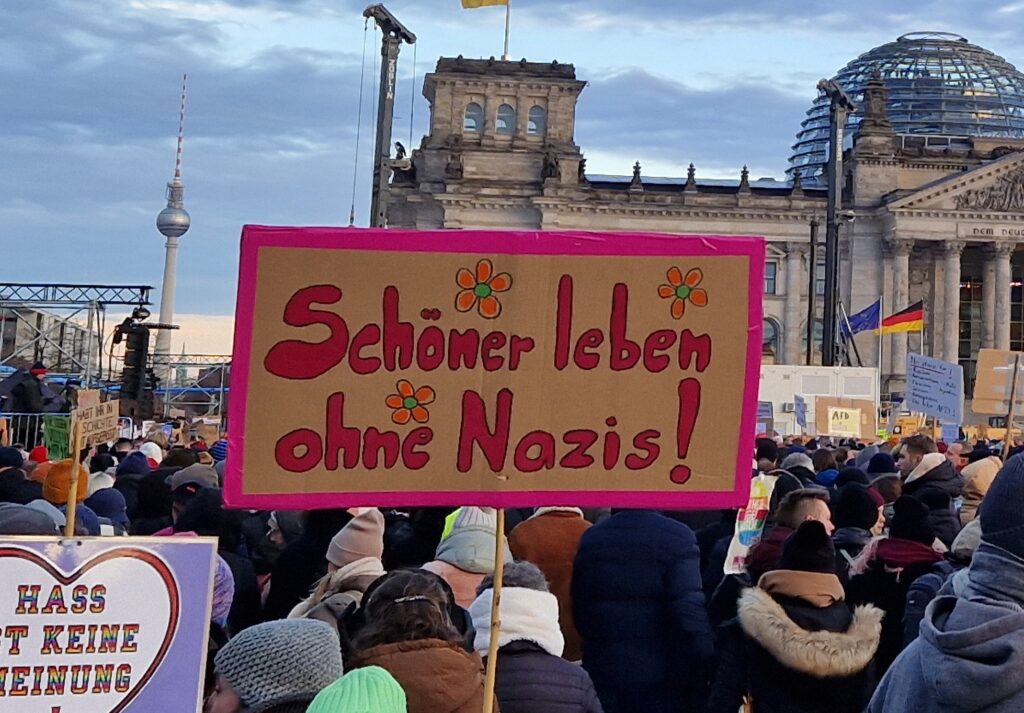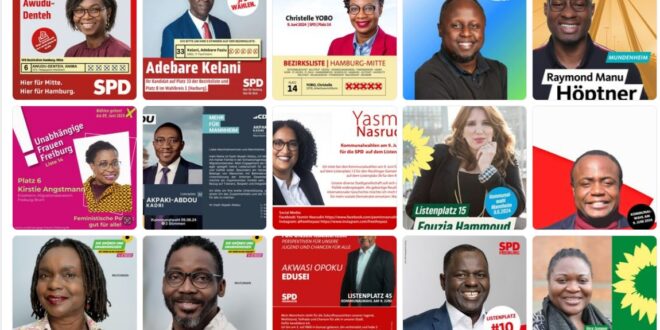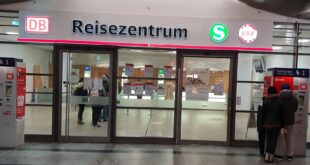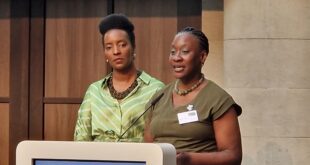Appeal for massive turn out at EU and Local Elections on Sunday
The European Parliament elections will take place on Sunday 6 June 2024 in Germany.
The 2024 polls will be the tenth parliamentary elections since the first direct elections in 1979, and the first after Brexit.
This year is especially important, as the rise of the far right poses a direct threat to European democracy.
In recent years, far-right and right-wing populist parties have gained votes across Europe and are sitting in more and more governments (e.g. the Netherlands, Sweden and Italy).
There is also a threat of a shift to the right in the European Parliament at the 2024 European elections. This would be fatal, especially when it comes to cross-border issues such as migration, the rights of resident foreigners and the place of citizens with a migration background in society.
I was in the crowd when more than 100,000 people rallied against right-wing extremism and the AfD in front of the Bundestag in Berlin on 21 January 2024.

Speaker upon speaker spoke so eloquently about the dangers of the extreme right. However, the last speaker stole the show. He said the 2024 European Parliament elections were a historic opportunity to push back the right-wing extremists by turning out massively to vote for democratic parties.
Citizens with a migration background account for about 17 per cent of all voters in Germany, for example. Hence, our participation in the polls is of decisive importance to the future of Europe.
The best way to stop the rise of the far-right is to get out and vote for parties that stand for a Europe that protects the most vulnerable!
Local elections (Kommunalwahlen) are also scheduled for Sunday in eight German federal states. These are Saxony, Saarland, Hamburg, Baden-Württemberg, Brandenburg, Mecklenburg-Western Pomerania, Rhineland-Palatinate and Saxony-Anhalt.
Local, municipal or communal elections involve selecting new members for bodies such as city councils, municipal councils, district councils, or local councils. In some cases, mayors and district councillors are also elected. These elections are usually held every five years.
Many Afro-German candidates are taking part in the local elections across Germany.
When one of us sits at the table, our voice will be heard there when important decisions are taken. The municipalities decide many important things. This is why we should turn out to vote on Sunday, 9 June.
So, let’s go vote and make a difference together!
Remember that Your Vote Counts!!
Each federal state sets its own age limit for the right to vote. In all federal states, however, both German citizens and EU citizens may vote. In Rhineland-Palatinate, Saarland and Saxony, the age limit is 18. In all other federal states holding local elections on 9 June, people aged 16 and over are allowed to vote.
Another requirement for the right to vote is that you must generally have had your permanent or main residence in the municipality in question for at least three months. In Mecklenburg-Western Pomerania, the period of residence is significantly shorter; here you must have a home or usually stay there for at least 37 days.
 THE AFRICAN COURIER. Reporting Africa and its Diaspora! The African Courier is an international magazine published in Germany to report on Africa and the Diaspora African experience. The first issue of the bimonthly magazine appeared on the newsstands on 15 February 1998. The African Courier is a communication forum for European-African political, economic and cultural exchanges, and a voice for Africa in Europe.
THE AFRICAN COURIER. Reporting Africa and its Diaspora! The African Courier is an international magazine published in Germany to report on Africa and the Diaspora African experience. The first issue of the bimonthly magazine appeared on the newsstands on 15 February 1998. The African Courier is a communication forum for European-African political, economic and cultural exchanges, and a voice for Africa in Europe.


































